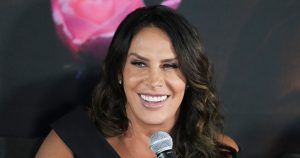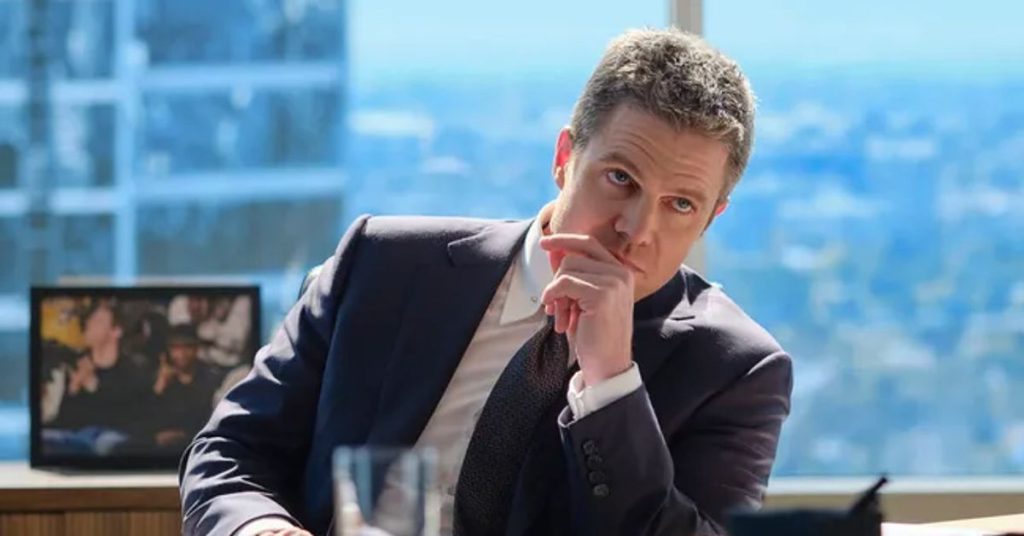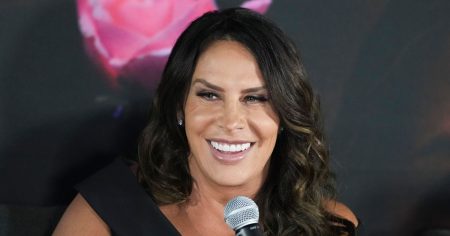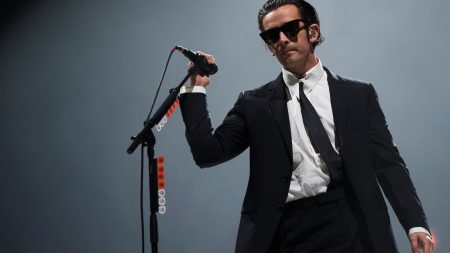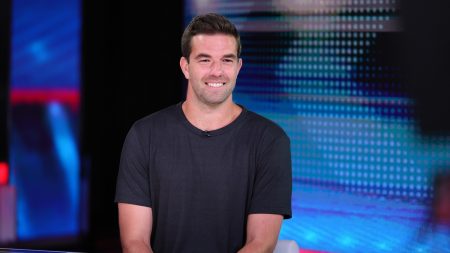The Rise and Fall of the Suits Franchise: A Tale of Two Shows
Introduction: The Legacy of "Suits" and the Arrival of "Suits LA"
The legal drama "Suits," which first aired on USA Network over a decade ago, carved a niche for itself with its unique blend of drama and comedy. The show’s premise, centered around Harvey Specter, a high-powered lawyer in New York, and Mike Ross, a brilliant but unlicensed attorney, captivated audiences with its witty banter, intriguing legal cases, and strong character dynamics. The show’s success was further amplified when all nine seasons became available on Netflix in 2023, catapulting it to the top of the streaming charts and reigniting interest in the franchise. This resurgence led to the creation of "Suits LA," a spin-off starring Stephen Amell as Ted Black, premièring on NBC. However, the new series fails to capture the essence that made "Suits" a hit, instead offering a lackluster experience that feels more like a misstep than a continuation of the legacy.
The Charm and Quirkiness of "Suits"
At its core, "Suits" was a show that masterfully balanced drama and comedy, setting it apart from other legal procedurals like "The Good Wife." Harvey Specter, played by Gabriel Macht, was an arrogant yet redeemed lawyer who took a chance on Mike Ross, a college dropout with a photographic memory. The premise of Mike practicing law without a degree added a unique twist, making their partnership both compelling and endearing. The chemistry between Macht and Patrick J. Adams, who played Mike, was undeniable, drawing viewers into their world despite the often questionable legality of their actions. Supporting characters like Donna, the sharp and sassy secretary, and the slow-burn romance between Mike and Rachel added emotional depth, transforming the show into more than just a legal drama—it became a story about people navigating their personal and professional lives with humor and heart.
The Disappointing Premiere of "Suits LA"
If the original "Suits" was a masterclass in blending humor and drama, "Suits LA" is a stark reminder of what happens when a show loses its way. The pilot episode, which opens with Ted Black having a nightmare about a past legal failure, sets a tone that is more brooding than bubbly. The nightmare itself, meant to establish Ted’s emotional stakes, falls flat, with Amell’s performance coming off as overacted and lacking the charm that made Harvey Specter so memorable. This is just the beginning of the show’s problems. Ted’s arrival at the firm introduces a cast of characters who lack the chemistry and depth of their predecessors. Rick and Erica, two associates vying for Ted’s favor, are forgettable and lack any real development, making it hard for viewers to invest in their stories. The show’s attempts to recreate the quirky dynamic of the original "Suits" with characters like Stuart, who is supposed to be the show’s Louis, also fall short, feeling forced and uninspired.
The Missing Elements of "Suits LA"
One of the most glaring issues with "Suits LA" is its failure to capture the quirkiness and uniqueness that made "Suits" so beloved. The original show’s premise, with its illegal yet intriguing partnership between Harvey and Mike, was fresh and engaging. In contrast, "Suits LA" relies on tired legal drama tropes, focusing on office politics and power struggles that quickly become tedious. Ted’s backstory, which involves a traumatic event from his past and a dying father, is meant to give the show emotional depth but instead feels like a checklist of clichés. The writing is clunky, with dialogues that often sound like they were generated by AI, and the characters lack any real development or nuance. Even the supporting cast, like Rosalyn, Ted’s secretary, fails to make an impact, lacking the sassy charm of Donna or the emotional resonance of Rachel.
Missed Opportunities and the Decline of a Franchise
Despite its flaws, "Suits LA" had the potential to carve out its own identity within the "Suits" universe. The show’s premise, which could have explored the complexities of LA’s legal scene and the challenges of starting fresh after a scandal, is wasted on uninspired plotting and underdeveloped characters. Ted’s trauma, which could have been a rich source of drama, is instead treated as a convenient plot device, with little attention paid to his emotional journey. The show’s focus on the firm’s internal politics, which was always the weakest part of "Suits," is amplified here, making the show feel like a rehash of the original’s least compelling elements. The result is a show that feels like a shadow of its predecessor, lacking the humor, heart, and chemistry that made "Suits" so beloved.
Conclusion: Why "Suits LA" Falls Short
In the end, "Suits LA" feels like a missed opportunity to breathe new life into the "Suits" franchise. Instead of capturing the quirky charm and emotional depth of the original, the show settles for tired tropes and underdeveloped characters, making it a disappointment for both new viewers and fans of "Suits." While the original "Suits" was a show that balanced humor and drama with ease, "Suits LA" struggles to find its footing, relying on overwrought plotlines and lackluster performances. The show’s failure to deliver on its promise is a reminder that sometimes, even the best franchises can fall short when they lose sight of what made them great in the first place. "Suits LA" may be a spin-off of "Suits," but it lacks the heart and soul that made the original a true standout.


